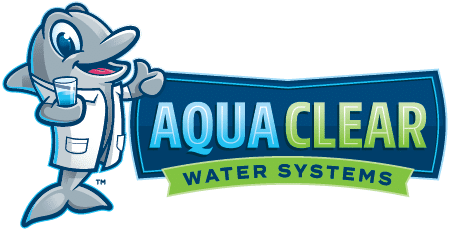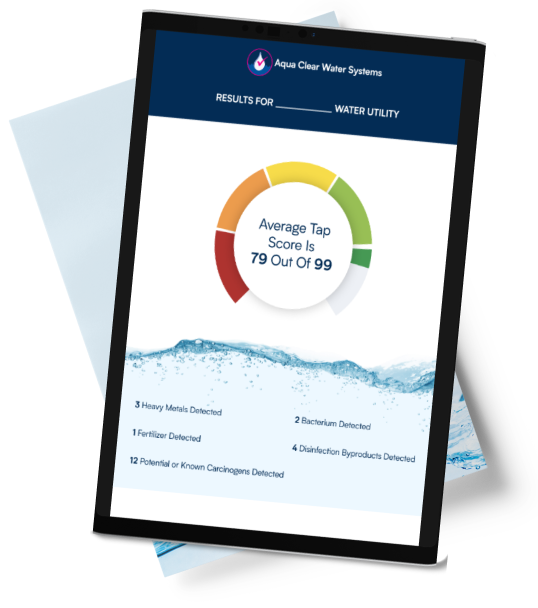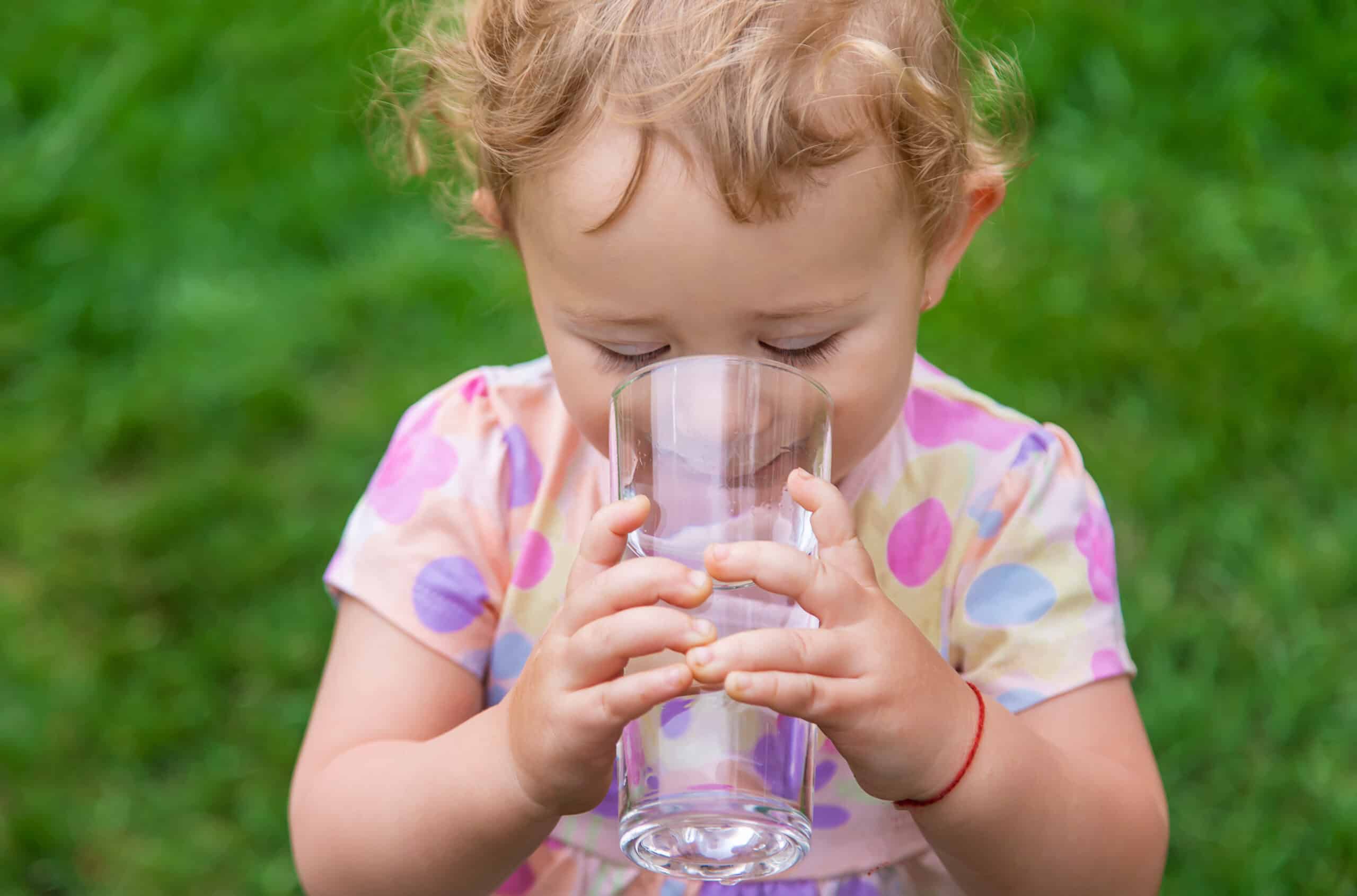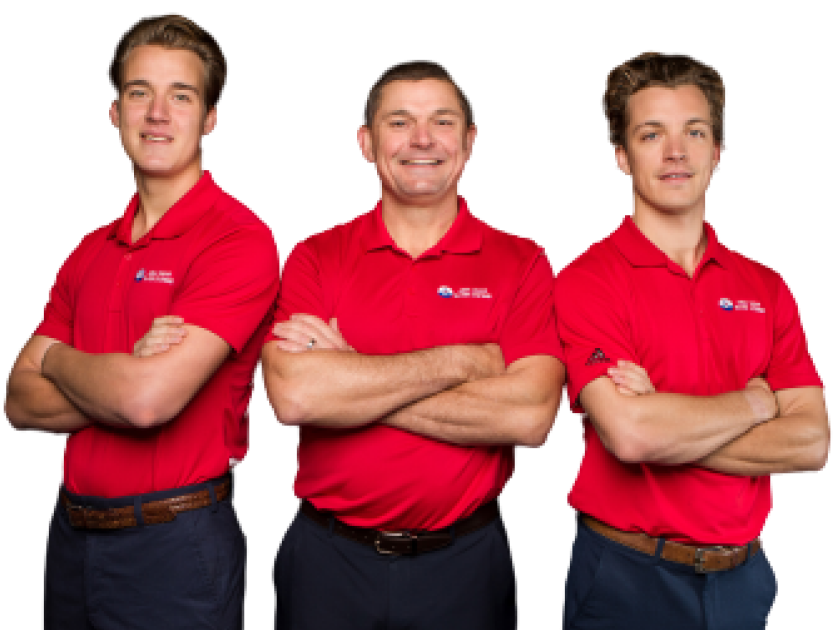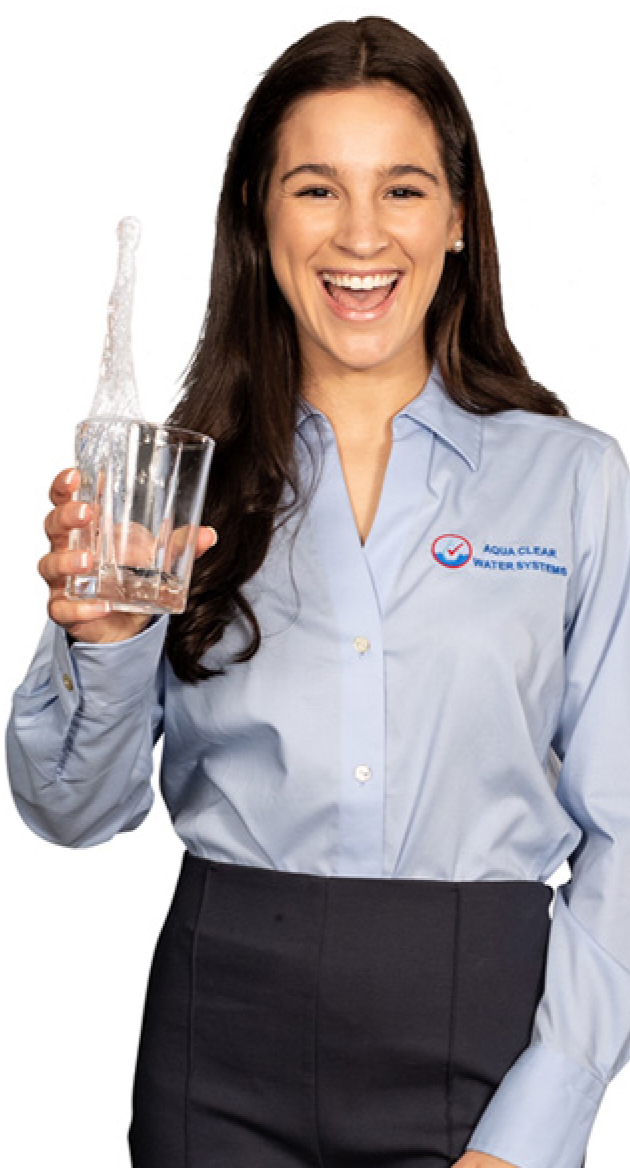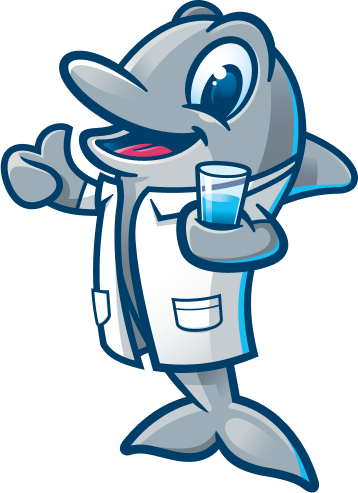Parenthood makes everybody sit up and take notice, keeping things clean and making sure the whole environment of the home is safe. That leads many people to consider what is the most effective water filtration system, and more precisely, what is the best water filter for baby formula?
Tiny young bodies don’t function like adult bodies in many respects. It’s not just a question of growth and natural development, although of course it is important to keep an eye on those. There are elements in a baby’s body that will one day develop to make them capable of certain things, like all the other adults, but they take time to get to that stage
That’s why in the medical profession, there are pediatricians, specialists in the care and treatment of babies and children, because certain functions are not fully developed. You can’t give a baby certain medicines (or the same doses) because, as beneficial as they are for the general population, the baby is not yet set up to deal with them. Parenthood is a learning process, and it pays to be ultra-careful rather than to make assumptions based on our experience of adults.
Some of the basics should tell us these things: Babies take time to develop teeth, for instance, which is one reason why we must hold off giving them solids for a while and then introduce soft, easily digestible foods that get the eating reflex started but at a level they can cope with.
While water is a fundamental requirement of any diet and is nature’s own simplest and most important creation, it can contain invisible, undetectable chemicals that can harm a baby.
The first step in a baby’s diet is milk, either the mother’s milk, which many health professionals consider ideal because it is ready just as it is and contains antibodies as well as nutrients. Alternatively, there is baby formula, in powdered or concentrated liquid form, which is formulated to provide all the nourishment a baby needs.
The trouble with baby formula, though, is that it needs to be diluted, and that means putting your trust in the water. In this country, we are fortunate to have water available everywhere, flowing freely from a faucet in the house and generally considered safe to drink: potable is the word the professionals use. This might be municipal water, sometimes known as city water or public water and which is supplied to whole communities through pipes, so it reaches those faucets we all rely on. Municipal water is treated to remove impurities and contaminants, making it safe for anyone to pour themselves a glass and drink it with complete confidence.
Again, though, what is fit for a human adult is not necessarily suitable for a baby, so further filtration may be necessary, depending on what exactly is in your local water – and that can depend on soil conditions and the sort of activity, particularly industrial, that goes on in your part of the world. Much of our water is recycled, a concept that still makes certain people feel squeamish, but this has been a reality of American life for many years now.
While municipal water is subject to all that testing and purification, if you have a well on your property, which may feel like a privilege and a nod towards the simpler lifestyle enjoyed by previous generations, this must be taken with a large dose of realism: untreated water has been responsible for terrible illness and death in this country – and it is still happening in less sophisticated communities around the world.
Well water, then, is the responsibility of the householder: it must be tested regularly, and impurities must be removed to bring it at least up to the standard of city water.
The treatment of wastewater is strictly controlled to ensure that what goes back into the supply is potable and pleasant. But that doesn’t remove 100% of the contaminants, and vulnerable sections of the population, from babies and the elderly to those weakened by illness and impaired immune systems, need to be protected by taking extra steps in purification at the end of the line, where the water enters the home.
How Do I Determine What Water Filtration System I Need?
If in doubt, go the whole hog. Reverse osmosis (RO) is generally regarded as the best option, removing a comprehensive range of impurities. If you are the kind of person who likes to look into the facts behind the headlines and wants to know how reverse osmosis works, here it is in a nutshell.
RO uses semi-permeable membranes that allow pure water through but block contaminants. Membranes are simply very thin sheets of clear material, and semi-permeable means they can be penetrated by certain substances but not others.
There are other options such as activated carbon filters which do a similar job in a different way, and you can discuss the issue with a good water purity company and assess, a) which solution sounds best to you and b) if the company itself sounds like the kind of people you can put your faith in in this crucial area.
Regular Jug Filters Are Not Up to the Job
If you use a jug that runs the water through a replaceable filter to remove the smell and taste of things like chlorine, that doesn’t tackle the more serious issue of contaminants. Jug filers are more about smell and taste, so they have their place, but health matters are not on their list of attributes.
Baby Food Preparation
If you are making food for a baby as opposed to using ready-made foods in jars and packs, you will no doubt be using water in the cooking, so care must be taken about the quality of that water. Boiling it is the traditional way of safeguarding against many undesirables, but even so, there may be water used in the preparation process, right down to washing the utensils, so you need the supply to be up to standard or the whole procedure can be let down when the food and the cooking are perfectly okay.
So, what is the best water filter for baby formula and food preparation? It is the one recommended by a reputable water purity company, whom you have checked out and concluded they are experts you can trust.
